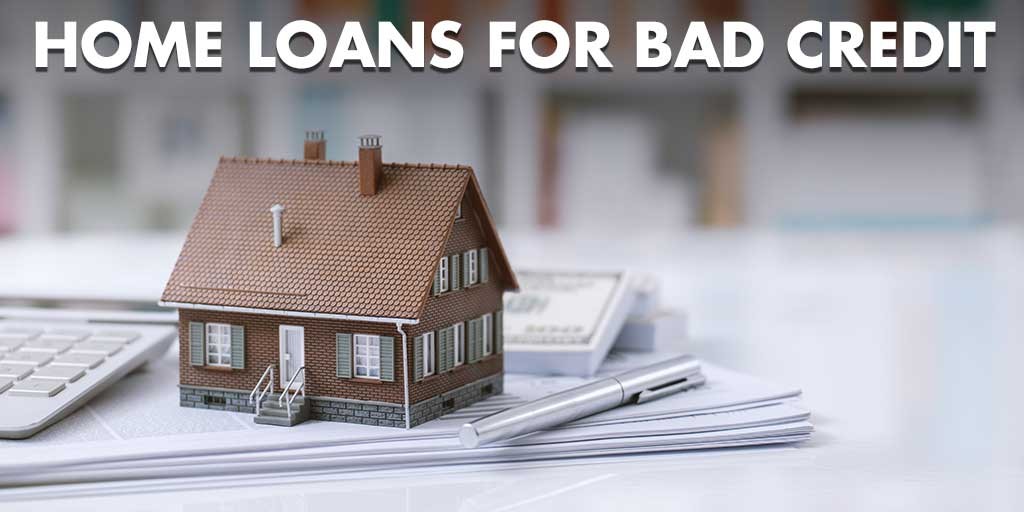
Securing a House Loan with Bad Credit: Strategies and Considerations
Understanding Bad Credit and Its Implications
What is Bad Credit?
Bad credit typically refers to a low credit score resulting from past financial missteps, such as missed payments, defaults, or high levels of debt. A low credit score signals to lenders that you may be a higher risk borrower, which can make it more challenging to qualify for a mortgage.
Implications of Bad Credit
Having big home improvement.com/ can impact your ability to secure a house loan in several ways:
- Higher Interest Rates: Lenders may offer loans with higher interest rates to compensate for the increased risk associated with bad credit.
- Limited Loan Options: Some lenders may be hesitant to extend credit to borrowers with bad credit, limiting your options for obtaining a mortgage.
- Larger Down Payment Requirements: Lenders may require a larger down payment from borrowers with bad credit to mitigate their risk.
Strategies for Securing a House Loan with Bad Credit
Improve Your Credit Score
While it may take time, improving your credit score is one of the most effective ways to enhance your eligibility for a house loan:
- Pay Bills on Time: Consistently paying bills on time can help boost your credit score over time.
- Reduce Debt: Paying down existing debt can improve your debt-to-income ratio and demonstrate financial responsibility to lenders.
- Dispute Errors: Check your credit report for errors or inaccuracies that may be negatively impacting your score, and dispute them with the credit bureaus if necessary.
Save for a Larger Down Payment
Increasing your down payment can offset the impact of bad credit and improve your chances of loan approval:
- Save as much as possible for a down payment, aiming for at least 10% to 20% of the home’s purchase price.
- Consider alternative sources of funds, such as gifts from family members or assistance programs, to supplement your savings.
Explore Government-Backed Loan Options
Government-backed loans may offer more lenient credit requirements compared to conventional mortgages:
- FHA Loans: Backed by the Federal Housing Administration, FHA loans often accept borrowers with credit scores as low as 500 with a 10% down payment or 580 with a 3.5% down payment.
- VA Loans: Available to eligible veterans, active-duty service members, and select military spouses, VA loans typically do not have a minimum credit score requirement.
Consider a Co-Signer or Joint Application
Enlisting the help of a co-signer with strong credit or applying for the loan jointly with a spouse or family member can strengthen your loan application:
- A co-signer with good credit can improve your chances of loan approval and may help you secure more favorable loan terms.
- Keep in mind that the co-signer will be equally responsible for repaying the loan and their credit may be impacted if payments are missed.
Conclusion
Securing a house loan with bad credit may require extra effort and creativity, but it’s possible with the right approach. By implementing strategies to improve your credit, saving for a larger down payment, exploring government-backed loan options, and considering a co-signer or joint application, you can increase your chances of obtaining a mortgage and fulfilling your homeownership aspirations.
In conclusion, while bad credit may present challenges, it shouldn’t deter you from pursuing your goal of owning a home. With determination, strategic planning, and the right support, homeownership can still be within reach.


